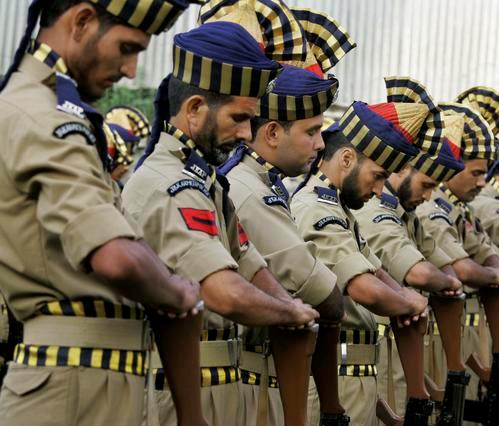TEGUCIGALPA, Honduras – Honduras continues to suffer from political unrest and polarization in the wake of the military coup this past January. The country continues to receive threats to citizens’ freedom of expression. In the past three months, seven journalists have been killed. The government forced censorship on a variety of journalists, closing several media outlets inside of the country. Judges, opposition leaders and human rights activists have also suffered intimidation and threats from unknown sources.
Judges opposed to the coup were subject to disciplinary proceedings and charges as well as arbitrary transfers. Many who were members of Judges for Democracy, an organization promoting fairness and transparency, were among those targeted. Four more were fired on June 1, 2010 for criticizing the coup d’état, demonstrating the serious threat to the justice system.

Mass arrests, beatings and tortures plagued the country of Honduras after the election of current President Porfirio Lobo in November. President Lobo’s rise to power spurred a military backed coup by officers who ousted former President Manuel Zelaya at gunpoint in January. Hundreds opposed to the election of the new, conservative President protested in the streets. Security forces beat protesters, widely misusing tear gas and other control equipment. While many of the protesters were only detained, ten people were killed amidst the unrest. Despite the Honduran attorney general’s office charging three military chiefs for ousting Zelaya at gunpoint, both police and military officials responsible for the violence against the community have yet to be brought to justice.
Even the Central American Integration System and the Organisation of American States (OAS) has criticized the government. OAS Secretary General Jose Miguel Insulza reported the organization would not discuss Honduras’ reinsertion into the regional body until December. Among the problems cited were the need for investigation rights violations and the allowal of former President Zelaya’s return to the country. In response to accusations of indifference, the government created the Truth and Reconciliation Commission in April, but has failed to begin investigating human rights violations, rapes and murders.
Amnesty International recently blasted the Honduran government for failing to address human rights abuses resulting from the coup. Amnesty International reports that their Americas deputy director, Guadalupe Marengo said that President Lobo “needs to show he is serious about ending the climate of repression and insecurity in Honduras – otherwise the future of the stability of the country will remain in jeopardy.”
Photo Courtesy Of Opednews.com
For More Information Please See:
Amnesty International Charges Honduras Failing to Tackle Coup Rights Abuses – 29 June 2010
Honduras: One Hundred Days’ Lobbying For International Recognition – 7 May 2010
Honduras Charges Military – 7 January 2010



